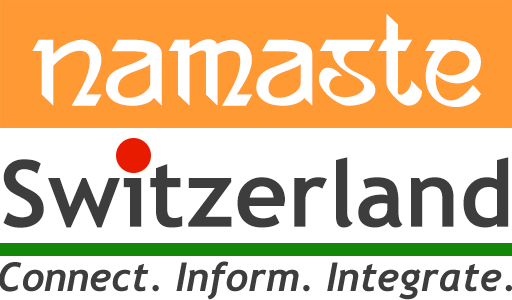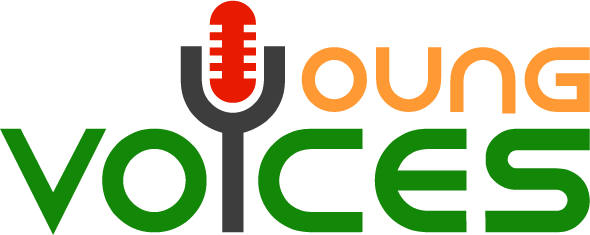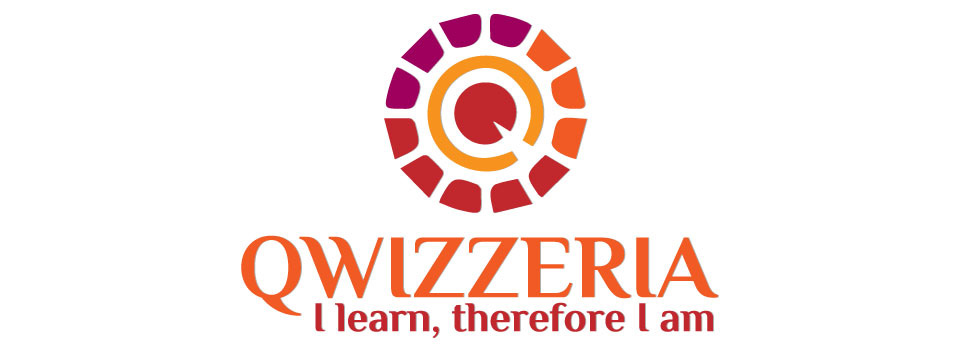Welcome to Switzerland!
Here’s some basic information to help you settle into this country. Some procedures might appear daunting at first, but be assured that Switzerland is more organised, controlled and, most likely, faster than in your home country, no matter where you come from.
Accommodation
Switzerland is a small country; and for a few years now, there has been an acute shortage of apartments in the larger cities. The prices are high (over 20% of the average salary). In addition, there are criteria that qualify or disqualify you from being fit for a chosen apartment, which doesn’t make it easy to find a place. But, once you’re here, you need a roof over your head. Check out www.homegate.ch, www.immoscout24.ch and www.home.ch, or contact the real estate agents operating in your chosen region for a suitable dwelling.
Registration/Declaration of arrival
If you’re working here and/or plan to stay for more than 3 months, you have to notify your local authorities (Gemeinde or Kreis – depending on what they call the municipal office in your region) within 14 days of arrival.
Opening a bank account
Naturally, you will need to open a bank account. Head to any Swiss bank and ask for their offers, terms and conditions. You can also compare the services offered, interest rates, etc. at websites such as www.comparis.ch or www.bonus.ch.
Your bills or invoices (rent, telephone, insurance, etc.) are sent to you by means of pay-in slips, which allow you to pay the amount to the recipient at the post office or via online banking. Cheques are not used in Switzerland.
Driving licence
During the first 12 months of your stay in Switzerland, you are allowed to drive a vehicle corresponding to the categories listed in your national driving license, provided you have reached the minimum age (at least 18 for motorcycles, cars and lorries, 21 for buses). After 12 months, you must exchange your foreign driving licence for a Swiss one (professional lorry drivers before the first journey).
Get connected – TV, telephone and the Internet
There are various TV, telephone and internet providers that vary in scope of products, channels, speeds, prices, etc. For both cost and organisational reasons, it is often simplest to sign up for a package of TV, telephone (mobile and landline) and your internet connection with one single provider.
Registration to Billag for TV and radio licence fees is compulsory for all households. Heavy fines are levied if you fail to comply.
Insurances
Be it health, house, car or accident – you need to be insured
- Health insurance: As a new arrival, you have three months to choose an insurance company. Basic health insurance (LAMal) is mandatory for everyone, including children. Employers do not usually provide health insurance. Health insurance starts from around CHF 70 per month for a single adult. You can compare the premiums offered by various companies at www.comparis.ch or their individual websites.
Supplementary insurance (LCA) is optional. This gets you a wider cover and generally offers a choice of different options depending on your requirements (alternative medicine, private hospital care, etc.). Dental insurance can be taken as a stand-alone policy, or an additional cover with an added premium. - Accident insurance: If you work for eight or more hours per week, your employer needs to cover this insurance. You can exclude this from your basic insurance (LAMal) to avoid double insurance and extra payment.
- House insurance: This not legally required if you are not a homeowner, but is recommended. Read the conditions carefully and choose an insurer who covers accidental damage as well as insurance for portable goods (such as a mobile phone, watches, etc.) that you carry with you. Large insurers may offer policies and documentation in English.
- Car insurance: Basic car insurance (third party cover) is mandatory in Switzerland. Basic insurance will cover only damage to others, while more complete (comprehensive or semi-comprehensive) insurance will cover damage to the car insured as well.
Taxes
Income tax is levied both by the federal government (Direct Federal Tax) as well as by the cantons and communes (Cantonal and Communal Taxes). As each of the 26 cantons has its own fiscal laws, the tax burden varies from one canton to another. In general, taxpayers have to complete a declaration every year, based upon which income and assets taxation is calculated. Taxes are directly deducted (taxation at source) from the salaries of foreign workers who are not in possession of a permanent residence permit (C-Permit) but have their domicile in Switzerland under the fiscal law. A deduction is subsequently levied in the case of gross salaries above CHF 120,000.
Garbage disposal and recycling
In Switzerland, special garbage bags that are priced according to their size are required for trash collection. In addition to region-specific bags, you need to ensure you have your ‘Abfalmärkli’ or stamps that ensure the garbage is taken away from the collection point. Different areas have specified days and collection points, and even timings at which you can deposit your rubbish. If you don’t comply with the rules – your garbage is left behind with a note and a fine. Yes, they can trace you through your garbage, so make sure you are in line with the rules and regulations.
Recycling is taken seriously and is mostly free. Recyclable waste can be categorised into kitchen waste, compost, PET bottles, metal, glass (further subdivided based on colour), batteries, paper, cardboard, medicines, clothes, etc. You can obtain more information in your local municipal office or its website.
House rules
Generally, in most rented accommodations, Sunday is a quiet day – this implied, no running of the washing machines, vacuuming, lawn mowing, etc. If there is a mention of a quiet time during the day on any other day in addition to Sunday, it is expected that residents do not play loud music, use vacuum cleaners, washing machine/dryer, and make unnecessary noise.
Transportation
Switzerland has a very efficient public transport system that can be totally relied upon. As the tickets are expensive, many residents purchase a half-fare card, which enables them to travel with a half-priced ticket; or buy a General Abonnement card (GA), with which you can travel anywhere in the country without buying an extra ticket. More information about the tickets and prices along with timetables across the country for buses, trams, trains (some boats and funiculars) is available at www.sbb.ch.
Useful Tips
Punctuality is taken very seriously, so in general, it is advised to be on time
Greeting each other is considered polite, even on the streets. Learn how to say hello in your local language and smile!
Illustration by Sharanya Mageshwaran
Disclaimer: Namaste Switzerland does not undertake any financial/reputational/legal/misrepresentational impact or other obligations/liabilities that may arise from the content.
Please note: Systems and laws change. We do not confirm the validity of the content at all times.












